
Periodic internal audits can save physicians a lot of grief - if the government thinks the physician had knowledge of an error in a medical record or willfully disregarded it, then the physician can face criminal fraud charges.
Ed Rabinowitz is a freelance writer for Medical Economics.

Periodic internal audits can save physicians a lot of grief - if the government thinks the physician had knowledge of an error in a medical record or willfully disregarded it, then the physician can face criminal fraud charges.
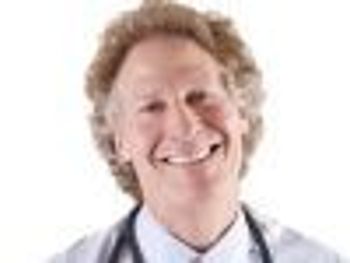
When the team internist for the Los Angeles Clippers isn't traveling with the team during playoffs, he's a proponent of allopathic medicines and can be found at his practice, which uses a hybrid concierge model of delivering care.

A Medicaid physician pay boost, as provided for in the Affordable Care Act, was supposed to take effect on Jan. 1, 2013. Five months later, that pay boost has yet to materialize.

If Accountable Care Organizations are to become the next great thing in health care, somebody had better alert physicians. The problem of getting physicians to participate is two-fold.

Christine Meyer, MD, started her practice in 2004 because she knew there had to be a better way to provide good, quality care to patients. Not only do her patients love her, but her staff has embraced Meyer's way of practicing.
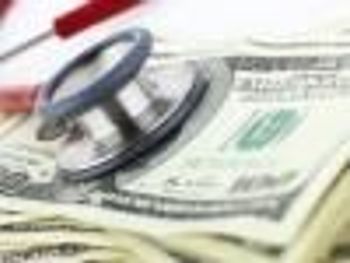
It's not quite robbing Peter to pay Paul, but the decision by several dozen medical supply and device manufacturers to pass the 2.3% medical device excise tax on to health care providers could have just as significant a financial impact.

When the Affordable Care Act kicks in, people will start thinking more carefully about their health care choices and going online to find reviews and ratings. Physicians who are ahead of the pack will be found first.

Internist and addiction specialist Damon Raskin's background as a child actor helps him bring a unique perspective to his doctor-patient encounters with other child actors and celebrities.

Absenteeism is a major problem for employers large and small and medical practices are not immune. However, since much of the problem stems from the way any business creates its culture, there are steps that can be taken to fix the problem.

As the stock market is hitting new records and real estate is on the rise, so is the physician turnover rate. As the shortage in primary care grows and demand increases, the name of the game is retention.
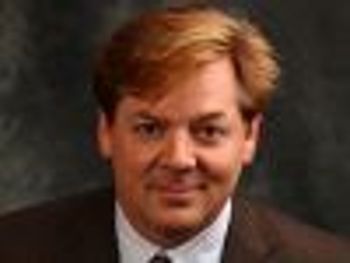
After working as a physician in New Orleans in Hurricane Katrina's aftermath, pathologist Greg Henderson, MD, became determined to aid those around the world who don't have access to diagnostic care and created technology that allows him to do so from his laptop.

In today's challenging economy, many physicians have sought out means for generating additional revenue. Rather than look outside their practice to add on ancillary services, some are able to look inward to expand upon what they already offer.

When it comes to writing prescriptions, many physicians still believe the pen is mightier than the sword or, in this case, than the electronic prescribing tool.
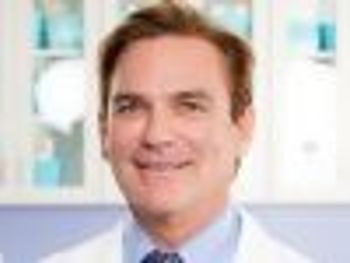
Art major Grant Stevens had no intentions of becoming a physician, but he found his passion in plastic surgery, embracing new technologies whether it was treatments or buying 300 URLS and 20 websites.

There's no magic wand to making patient-centered care a reality within a medical practice, failing to make that transition can have a negative impact on the practice's bottom line.

There's no denying the growth of mobile health, which is the top trend that will reshape health care in 2013. However, the question remains: What will the impact be on physicians and their medical practices?

For his humanitarian efforts in countries like Thailand, Burma and Iraq, pediatrician Robert Clifford, MD, has been awarded a REAL award by Save the Children.

While many physicians are attempting to determine whether selling their practice makes financial and professional sense, there are others who are bucking the trend by leaving larger organizations to start their own practices.

A medical practice with an excellent billing process, but inaccurate coding will lose money or leave it on the table. But there are ways to avoid that scenario with the right staff and technology.

Once an EMR is up and running, how does the medical practice get back to a productive level? The post-launch answers reside in the pre-launch prep, according to health information professionals.

Deciding to become a neurosurgeon was an easy decision for Mitchell Levine, MD, who enjoys his career despite how serious and focused he has to be for work.

An old but popular expression notes that one bad apple can spoil the entire bunch. That proverb also holds true where employees are concerned. The key is to stop any negativity spread before it spirals out of control.

Patient satisfaction surveys, if done correctly, could prove extremely valuable to physicians. That, of course, begs the question, what is the wrong way to do a patient satisfaction survey?

The strong STEM education that orthopedic surgeon Erica Rowe Urquhart, MD, PhD, received has produced her passion for educating the younger generation and encouraging women to enter science and engineering.

The American Medical Association six principles for physician employment acknowledge the broad trend toward physician employment and provide broad guidance to enhance the physician-employer relationship.

Sometimes the best response to a negative online patient review is no response at all. But, if a physician decides not to let sleeping dogs lie, there are right and wrong ways to respond.
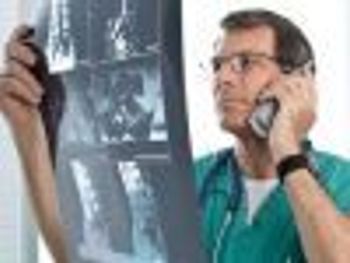
As a solo practitioner, Louis DiToppa's hands-on approach, willingness to make changes and constant eye on the future has kept his practice successful for 26 years.

Lack of cultural fit is a key determining factor in a physician's decision to join or leave a medical practice. Dissatisfaction and the resulting turnover can be extremely expensive to a medical practice - as much as $100,000 per month.

Despite early returns indicating ACOs improve clinical quality, patient safety and patient satisfaction while containing health care costs, few physicians are buying into the concept, according to a survey.
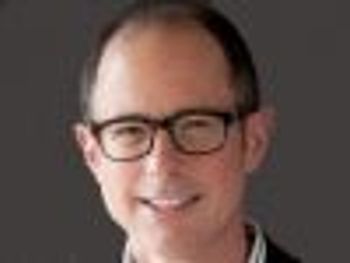
Despite reaching wide audiences through work on Dr. Drew's rehab television shows, John Sharp, MD, finds the one-on-one work he does with patients the most rewarding part of his job.